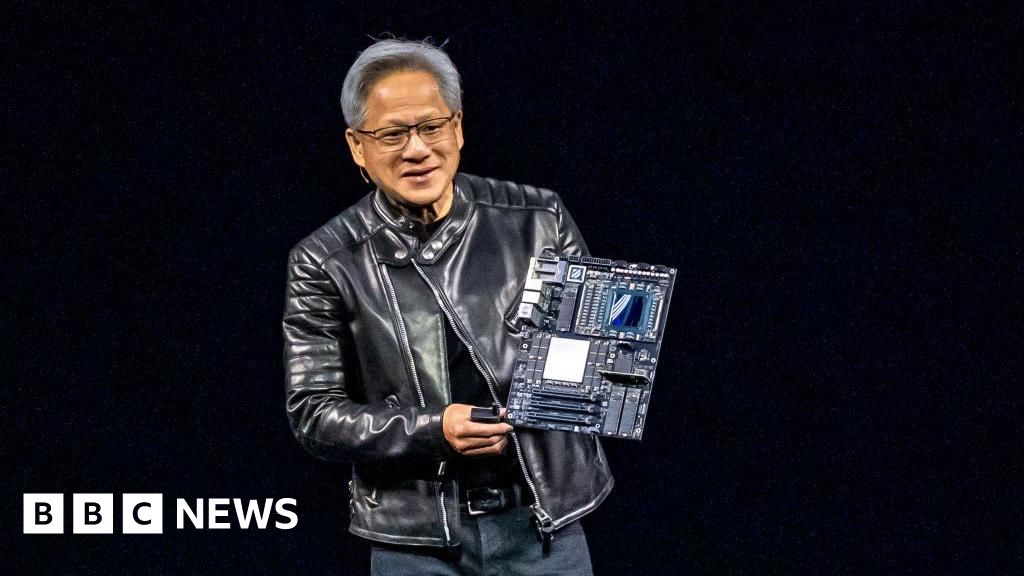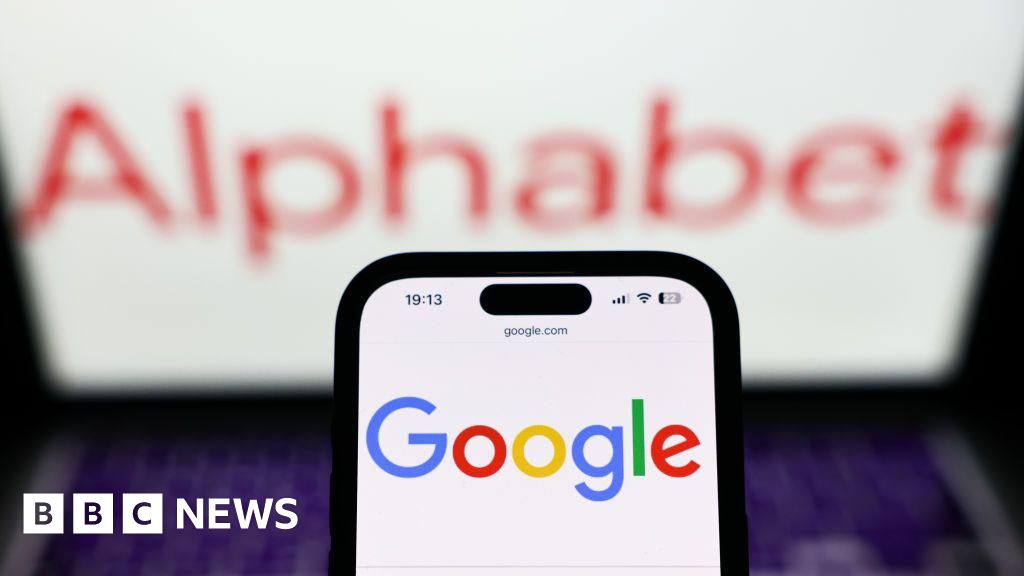ARTICLE AD BOX
By James Clayton
North America technology reporter
Twitter has limited content from more than 300 official Russian government accounts, including that of Russian President Vladimir Putin.
The accounts will no longer be recommended in timelines, notifications or elsewhere on the site, Twitter said.
The company said it would take action against any country which "restricts access to the open internet while they're engaged in armed conflict".
Currently Putin has two official accounts on the social media site: one in Russian and one in English. They have 3.6 million and 1.7 million followers respectively.
Twitter said allowing Russian government officials to post freely on the social media site, whilst simultaneously limiting the platform in Russia "creates a harmful information imbalance".
As part of Tuesday's action, content on more than 300 official government accounts will no longer be "recommended or amplified". This means Twitter's powerful algorithm will not promote these accounts.
The targeted Russian government accounts include official ministry and embassy profiles, as well as the accounts of high-ranking Russian officials.
The accounts have previously been criticised for spreading misinformation during the Ukraine war, but unlike tweets from Russian state-affiliated media outlets, they have not previously been subject to specific moderation by Twitter.
On 10 March the Russian Embassy in the UK's official account claimed the bombing of a maternity hospital in the Ukrainian city of Mariupol had been faked.
The claim was false. Twitter later removed tweets making the "FAKE" claim.
Last month, a BBC investigation found further misinformation spread by official Russian government accounts, as well as evidence of coordinated activity - using multiple government accounts to drive a particular narrative - which is against Twitter's rules.
Recent posts claiming civilian killings in the town of Bucha had been staged have also been debunked.
However, Twitter says that it is Russia's actions in Ukraine, combined with the country's decision to block and limit social media platforms domestically, that has led to their action.
"When a government that's engaged in armed conflict is blocking or limiting access to online services within their country, while they themselves continue to use those same services to advance their positions and viewpoints - that creates a harmful information imbalance", says Yoel Roth, Head of Site Integrity at Twitter.
Twitter says it is applying the rules to any country that limits access to online services while engaging in interstate warfare. But the new rules, which came into force on Tuesday, initially only affect Russian government accounts.
Not 'tit-for-tat'
Although Twitter is not banned in Russia, the site has been severely slowed down, to the point of inoperability.
However, Twitter says its action was not retaliatory.
"To be clear, this isn't a 'tit-for-tat' policy, where if you block Twitter then you get de-amplified by Twitter - this enforcement will occur whether Twitter is blocked or not," said Mr Roth.
He added that Twitter will take action on media depicting prisoners of war which have been posted by government or state-affiliated media accounts.
"If we see media that's published by government or state media accounts that feature prisoners of war, or if the prisoner of war is being subjected to ill treatment, things like violence, humiliation or mockery, we will require the removal of those tweets" he said.
Twitter "de-amplified" Russian state media on the platform - such as Russia Today and Sputnik - on 28 February, four days after the invasion of Ukraine began. The company previously told the BBC the action had led to a "30 percent reduction of the reach of this content".
However the action was not enforced on official Russian government accounts.
Speaking last month, Tim Graham, a social media analyst at QUT Digital Media Research Centre in Australia, described it as a "loophole" in Twitter's moderation policies.
"It's certainly a blind spot in Twitter's defences against disinformation," he said.
James Clayton is the BBC's North America technology reporter based in San Francisco. Follow him on Twitter @jamesclayton5.

 3 years ago
61
3 years ago
61








 English (US) ·
English (US) ·